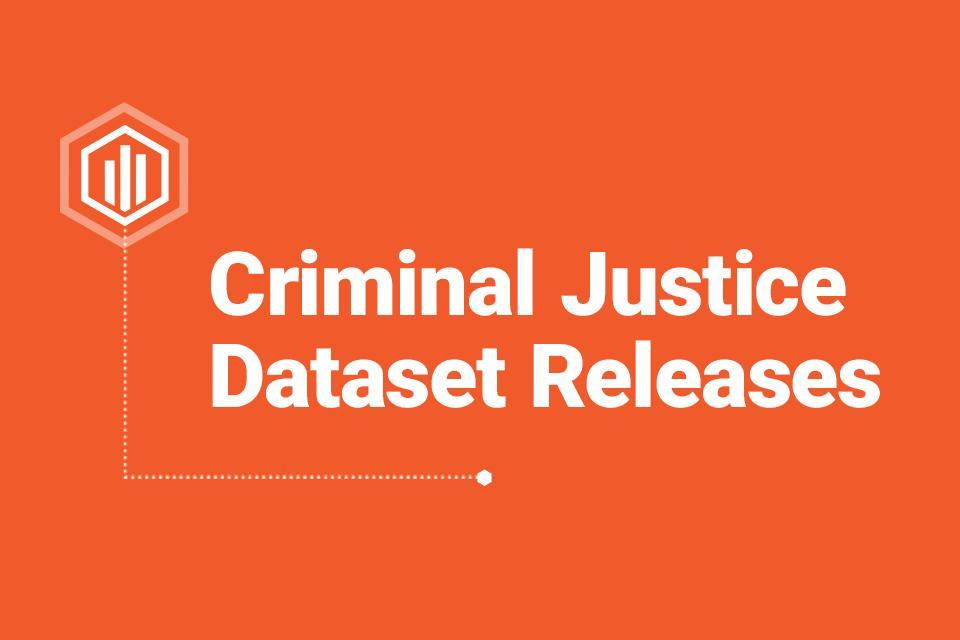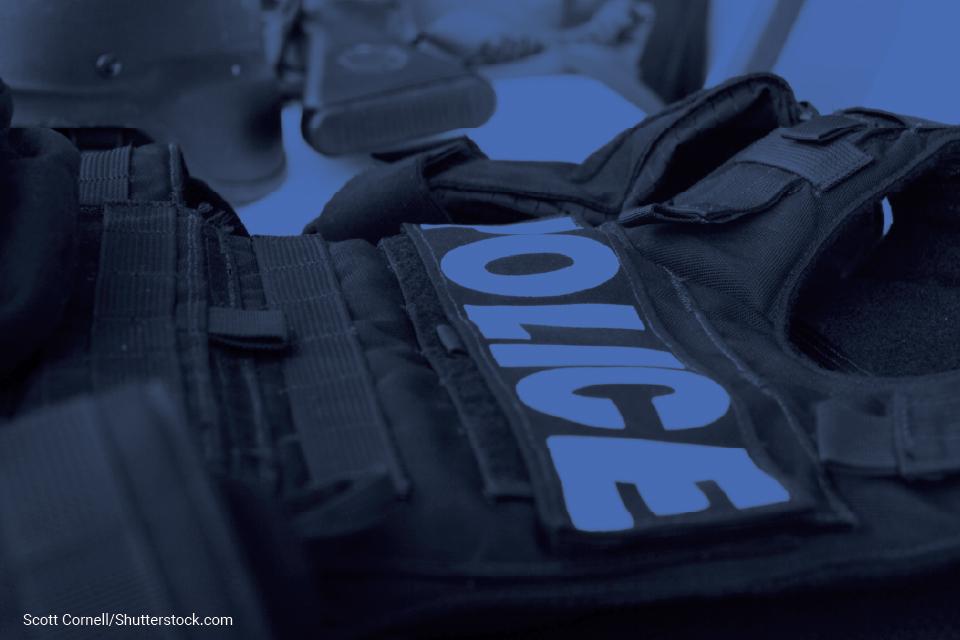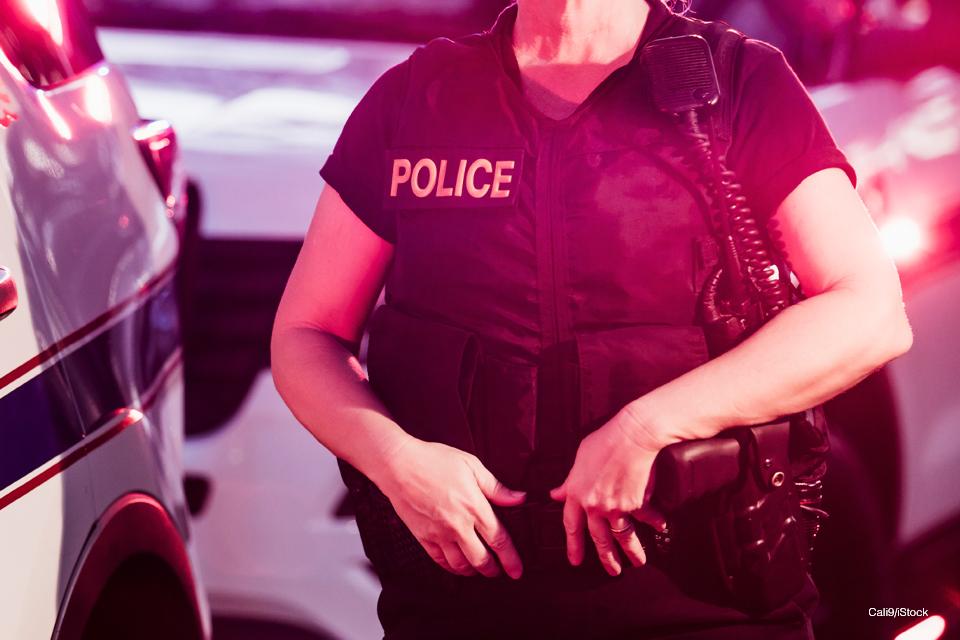Workshop for Body Armor Manufacturers
NIJ’s online workshop for body armor manufacturers has been postponed from its original date of March 19. The webinar will provide updates on standards and conformity assessment activities related to ballistic-resistant body armor and include opportunities to ask questions.
2024 LEADS Scholarship Recipients
NIJ’s Law Enforcement Advancing Data and Science (LEADS) program is designed to increase the research capabilities of law enforcement officers and agencies. This year, we selected 13 new LEADS scholars. We look forward to their contributions across the policing field!
Recent Articles
Find funding opportunities
Read the latest
Register for events
Browse all topics
Review the YouTube Terms of Service and the Google Privacy Policy

Criminal Justice Data Archives
The National Archive of Criminal Justice Data archives data on crime and justice and contains data from over 2,700 curated studies or statistical data series. The website is home to several large-scale datasets, including the National Crime Victimization Survey, FBI's Uniform Crime Reports and National Incident-Based Reporting System, and the Project on Human Development in Chicago Neighborhoods.
List of Compliant Ballistic Resistant Body Armor
NIJ certifies torso-worn ballistic resistant body armor for law enforcement that complies with the requirements our Compliance Testing Program. If you’re in the law enforcement profession, review a newly updated list of all compliant armor, searching by manufacturing company, gender, threat levels, and other factors.
The First Step Act
The First Step Act of 2018 aims to reform the federal prison system and reduce recidivism. NIJ is working to assess and develop an existing risk and needs assessment system for incarcerated individuals, and develop recommendations regarding effective evidence-based recidivism reduction programs and activities.





